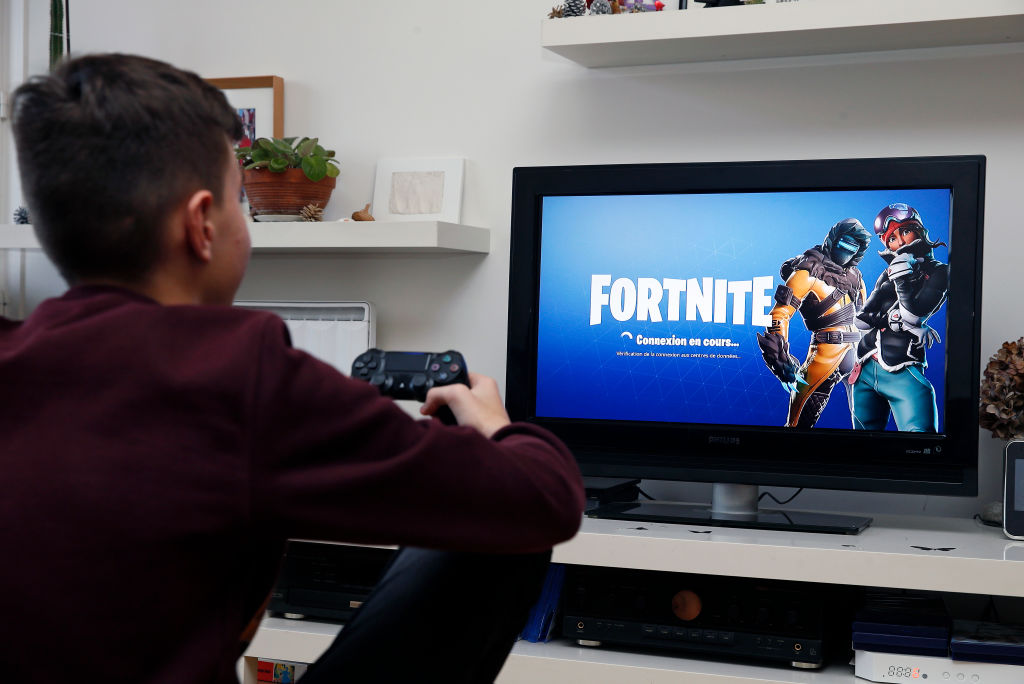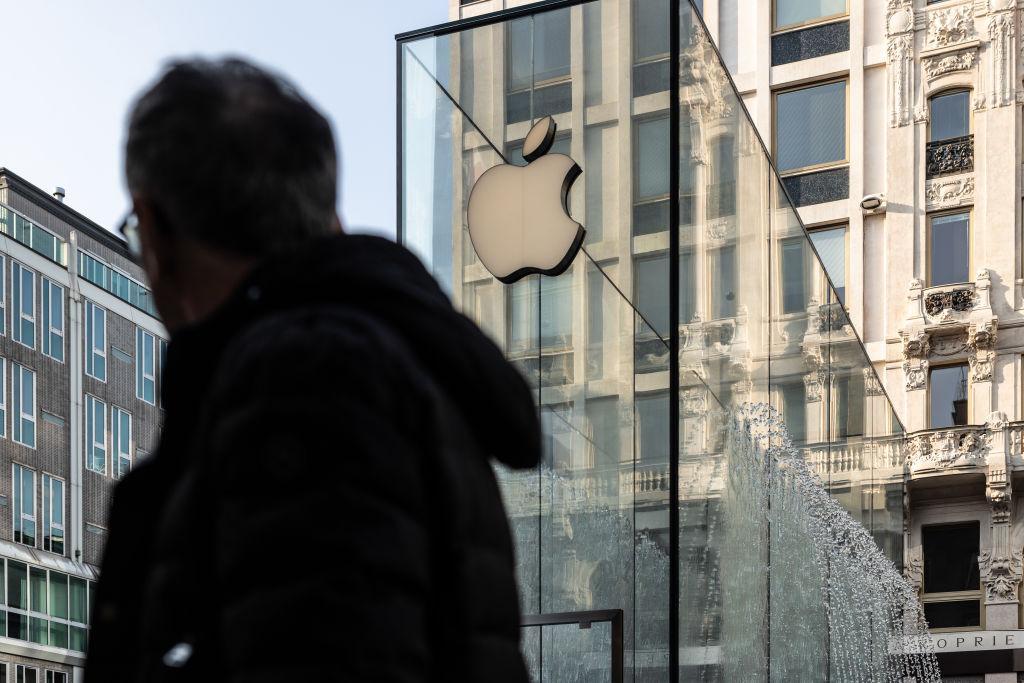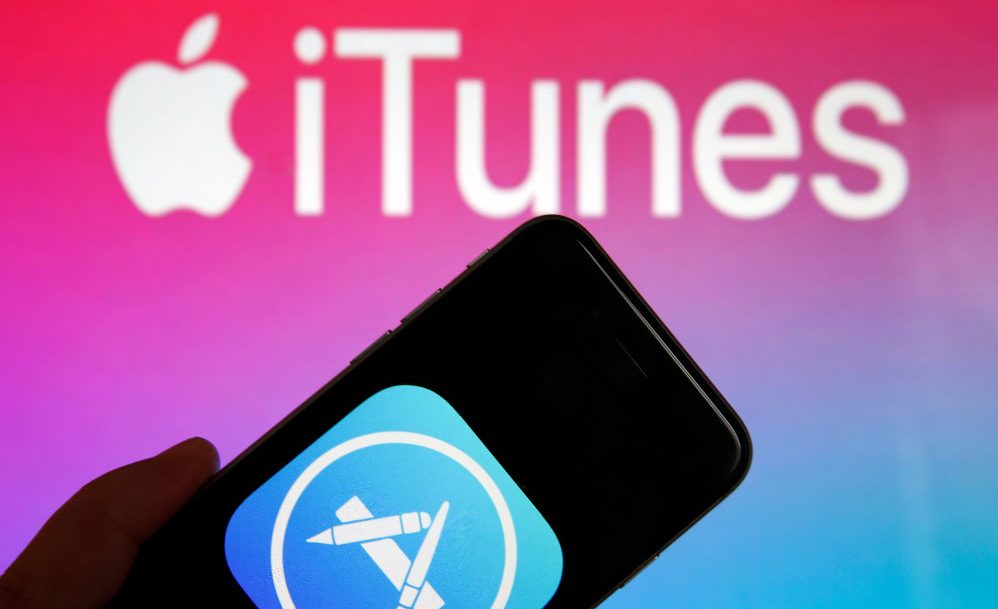Apple has bowed to the demands of the European Commission after receiving publicly issued threats by the bloc’s self-styled “digital enforcer” Thierry Breton.
The company had been accused of breaking the European Union’s newly put-in-place Digital Markets Act (DMA) with its decision to ban an iPhone app-developer account belonging to corporate rival Epic Games.
Coming into force a few days ago, the ban prompted uneasiness in Brussels, with Breton taking to Elon Musk’s social media platform X to “order” Apple to obey the new rules.
??
I take note with satisfaction that following our contacts Apple decided to backtrack its decision on Epic exclusion.
From Day 2, #DMA is already showing very concrete results!#FreeFortnite ⤵️https://t.co/LKbZNd2htb https://t.co/UqMSDgem7m
— Thierry Breton (@ThierryBreton) March 8, 2024
“Under the DMA, there is no room for threats by gatekeepers to silence developers,” he said.
“I have asked our services to look into Apple’s termination of Epic’s developer account as a matter of priority.”
Breton followed up the tweet a day later with a declaration of victory, announcing that Apple had reversed its controversial decision.
“I take note with satisfaction that following our contacts Apple decided to backtrack its decision on Epic exclusion,” Breton said.
“From Day 2, DMA is already showing very concrete results!” the official concluded.
Apple’s decision to backtrack on the ban was confirmed by Epic Games’ CEO Tim Sweeney, who credited the reversal to the EC intervention.
“A big win for European rule-of-law, for the European Commission and for the freedom of developers worldwide to speak up,” he said.
The European Commission has fined Apple €1.8 billion for breaking the bloc’s anti-trust rules regarding music streaming. https://t.co/hHfwLJMt6x
— Brussels Signal (@brusselssignal) March 4, 2024
The about-turn represents the latest instance of Apple being put under pressure by the EC.
Having handed the company an €1.8bn fine on March 4, senior Eurocrats and rival companies alike have continued to pressure the iPhone manufacturer over the legality of its iPhone developer rules.
The EC in particular appears to be taking an ever-more hostile view of the company, with Breton even using the hashtag #FreeFortnite in his social media post announcing the Apple climb-down.
That appears to be a reference to a social media campaign launched by Epic Games in 2020, which aimed to get Apple to reverse its decision to delete Fortnite from its app store over allegations it was breaking the store’s rules.
While Epic attempted to paint Apple as being overly controlling and as holding a monopoly over iPhone app distribution, the games developer ended up losing its US legal battle in the dispute.
The US courts ruled Epic had “failed to prove the existence of substantially less restrictive alternatives” compared to Apple’s ecosystem.
The country’s Supreme Court then refused to hear appeals from either side.
Open verbal conflict seems to have erupted between Big Tech beasts amid the official commencement of the European Union’s Digital Markets Act. https://t.co/OiKoArdprS
— Brussels Signal (@brusselssignal) March 8, 2024





